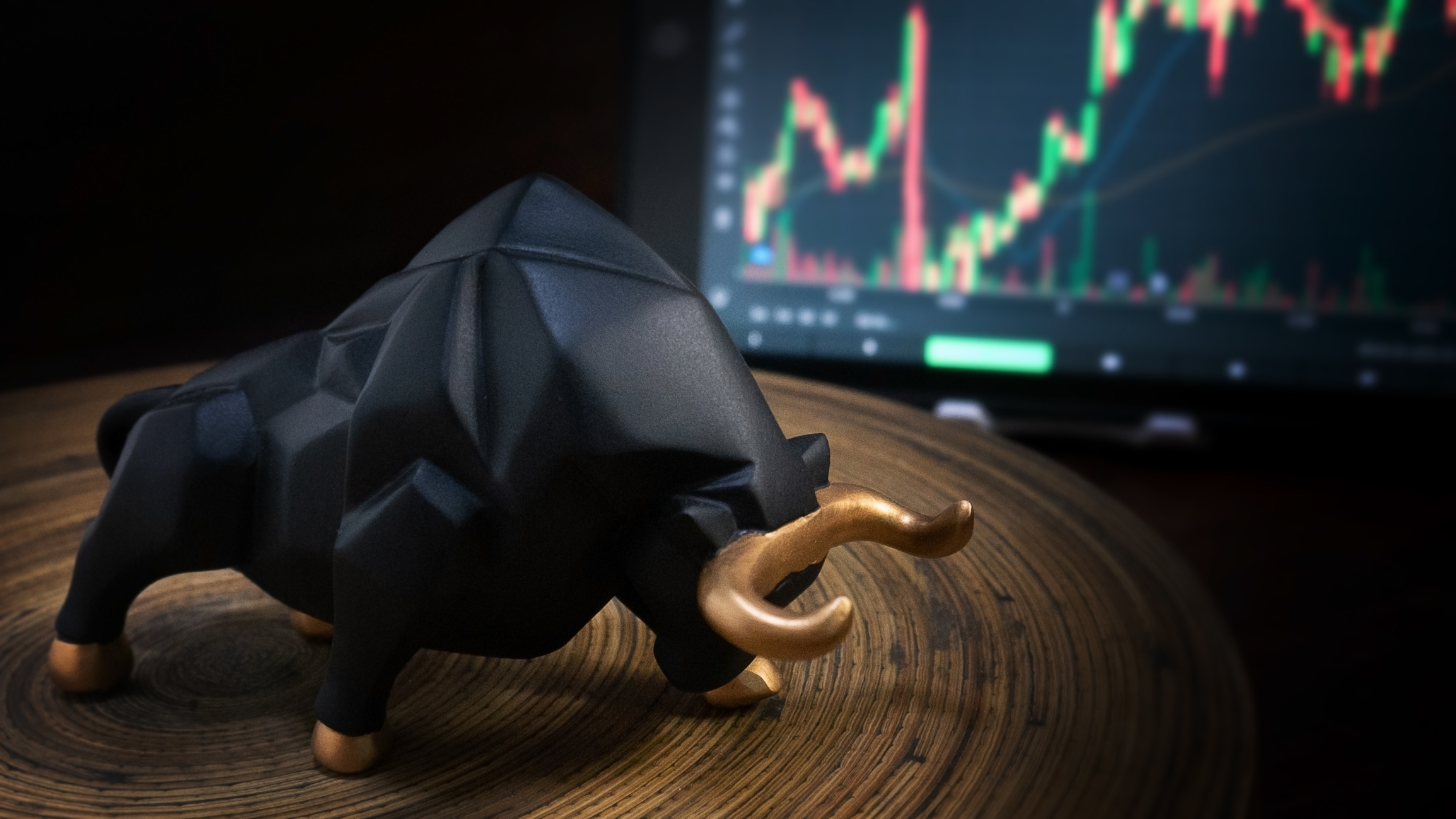The world has seen three industrial revolutions, each defined by widespread adoption of new technologies: The first was instigated by steam-powered machines, the second by electricity and telephones, and the third by microprocessors and the internet. Wedbush Securities analyst Dan Ives says artificial intelligence is the fourth industrial revolution.
Given how profoundly the first three industrial revolutions changed the world, it is no stretch to say the artificial intelligence boom is a once-in-a-generation opportunity for investors. And Wall Street analysts are broadly bullish on Alphabet (GOOG 0.70%) (GOOGL 0.88%) and Pinterest (PINS 1.61%), as detailed below.
- Among the 67 analyst that follow Alphabet, the median target price is $210 per share. That implies 25% upside from its current share price of $168. Importantly, even the lowest target of $185 per share implies 10% upside.
- Among the 40 analysts that follow Pinterest, the median target price is $40 per share. That implies 33% upside from its current share price of $30. Importantly, even the lowest target of $31 per share implies 3% upside.
I mentioned that even the lowest price targets on Alphabet and Pinterest imply upside for shareholders, but there is always risk where the stock market is concerned, so positive returns are never guaranteed. However, it’s fair to say most Wall Street analysts view Alphabet and Pinterest as screaming buys.
1. Alphabet
Alphabet is leaning on its expertise in artificial intelligence (AI) to drive growth across its core advertising and cloud computing businesses. The company already has a strong presence in both markets: It is the largest digital advertiser and third-largest public cloud worldwide. But new AI products could further strengthen its positioning and boost growth.
For instance, Alphabet has introduced generative AI overviews in Google Search, and CEO Sundar Pichai says engagement and satisfaction are trending higher. Investment bank Evercore recently conducted a survey that came to the same conclusion, but went one step further in speculating that AI overviews are also generating higher quality leads for advertisers. If true, that could let Alphabet charge more for its ad tech services.
In cloud computing, Forrester Research ranks Google as a leader in AI infrastructure solutions, foundational large language models, and machine learning platforms. Also, principle analyst Mike Gualtieri wrote, “Google is the best positioned hyperscaler for AI.” Indeed, the company gained two percentage points of market share over the past year, while Amazon and Microsoft both lost share.
As a caveat, a federal judge in August ruled Alphabet had engaged in illegal activities to protect its internet search monopoly, and the Justice Department has since recommended that the company be forced to sell its Chrome browser. What promises to be a lengthy appeals process means a resolution may be years away, but certain legal experts have told CNBC the judge will likely impose a less severe remedy.
Importantly, history suggests a breakup of the core advertising and cloud computing businesses is highly unlikely. The Justice Department has not successfully broken up a company in 40 years, and the last time a judge attempted to break up a big tech company — Microsoft in 2000 — a federal appeals court subsequently reversed the decision.
That antitrust issue is weighing on market sentiment right now, but that may change when Alphabet responds with its own proposed remedy on Dec. 20. Regardless, Wall Street expects the company’s earnings to increase at 15% annually through 2026. That consensus estimate makes the current valuation of 22.3 times earnings look quite reasonable. Patient investors should feel comfortable buying a position today.
2. Pinterest
Pinterest is a somewhat unique social media platform in that it prioritizes inspiration over communication. The company considers artificial intelligence a core competency. For instance, machine learning models informed by searches, saves, and clicks generate over 400 million predictions per second to surface relevant content for users.
Indeed, CEO Bill Ready recently told analysts that virtually “all content served on Pinterest, including organic and ads, is powered by AI recommendation models.” However, the company is also leaning on AI to improve campaign performance for advertisers. Its new Performance+ product bundles AI tools for content generation, budgeting, bidding, and targeting.
Management says Performance+ lets brands construct advertising campaigns with half as many inputs. It also reduces cost per action by 10%, meaning brands can achieve the desired outcome while spending a little less money. Performance+ entered general availability in October, and Bill Ready says the company is pleased with the early demand signals from advertisers.
Pinterest has another key catalyst in its partnerships with Amazon and Google, which bring demand from third-party advertisers to its platform. The company began collaborating with Amazon in the U.S. last year and recently expanded the relationship to Canada and Mexico. And Pinterest started collaborating with Google earlier this year in previously unmonetized and under-monetized international markets.
CEO Bill Ready on the third-quarter earnings call said, “Both of these partnerships have continued to build sequentially throughout the year, and we expect that trajectory to persist into Q4.” Importantly, Amazon and Google are two of the three largest ad tech companies in the world, so they represent potentially meaningful sources of demand. That could lead to accelerated earnings growth for Pinterest.
Looking ahead, Wall Street expects Pinterest’s adjusted earnings to grow at 21% annually through 2026. That consensus estimate makes the current valuation of 21.1 times adjusted earnings look cheap. Investors should feel comfortable buying a position in this AI stock today.
John Mackey, former CEO of Whole Foods Market, an Amazon subsidiary, is a member of The Motley Fool’s board of directors. Suzanne Frey, an executive at Alphabet, is a member of The Motley Fool’s board of directors. Trevor Jennewine has positions in Amazon and Pinterest. The Motley Fool has positions in and recommends Alphabet, Amazon, Microsoft, and Pinterest. The Motley Fool recommends the following options: long January 2026 $395 calls on Microsoft and short January 2026 $405 calls on Microsoft. The Motley Fool has a disclosure policy.

